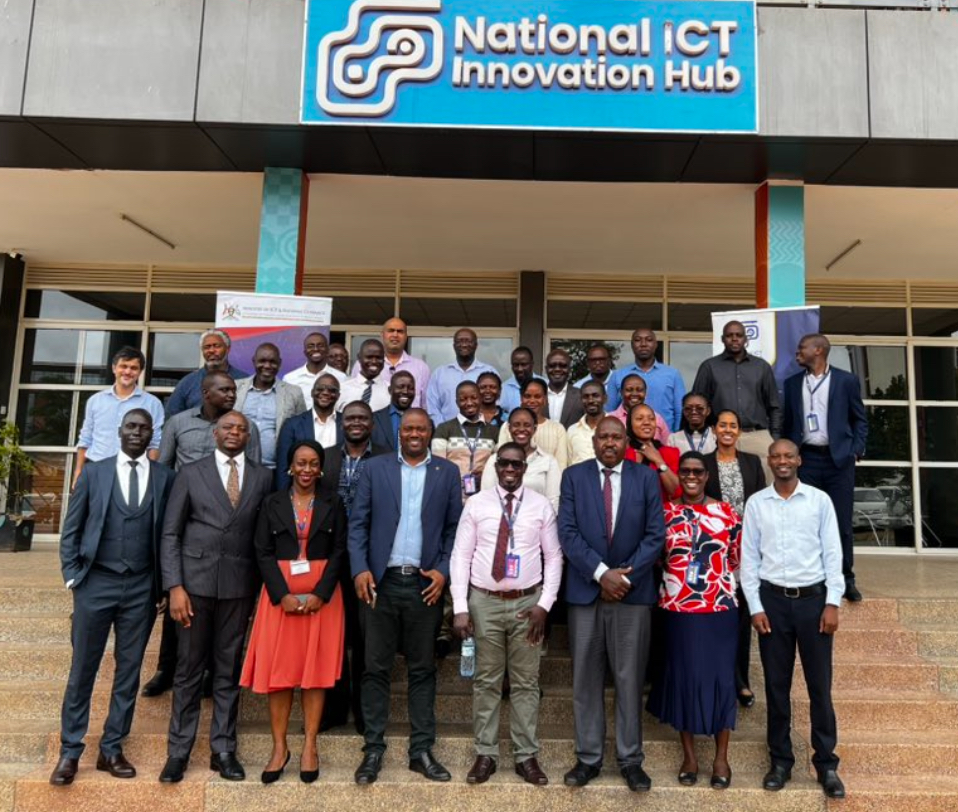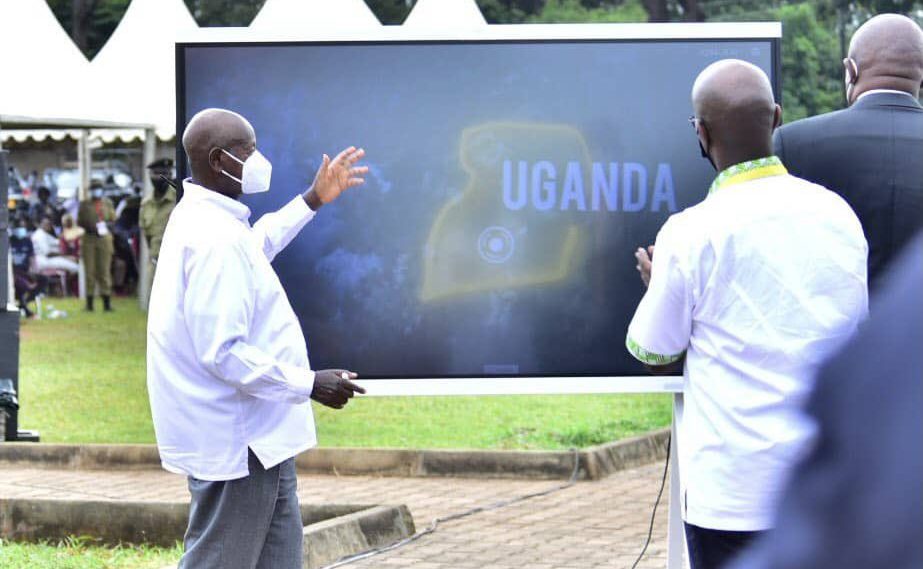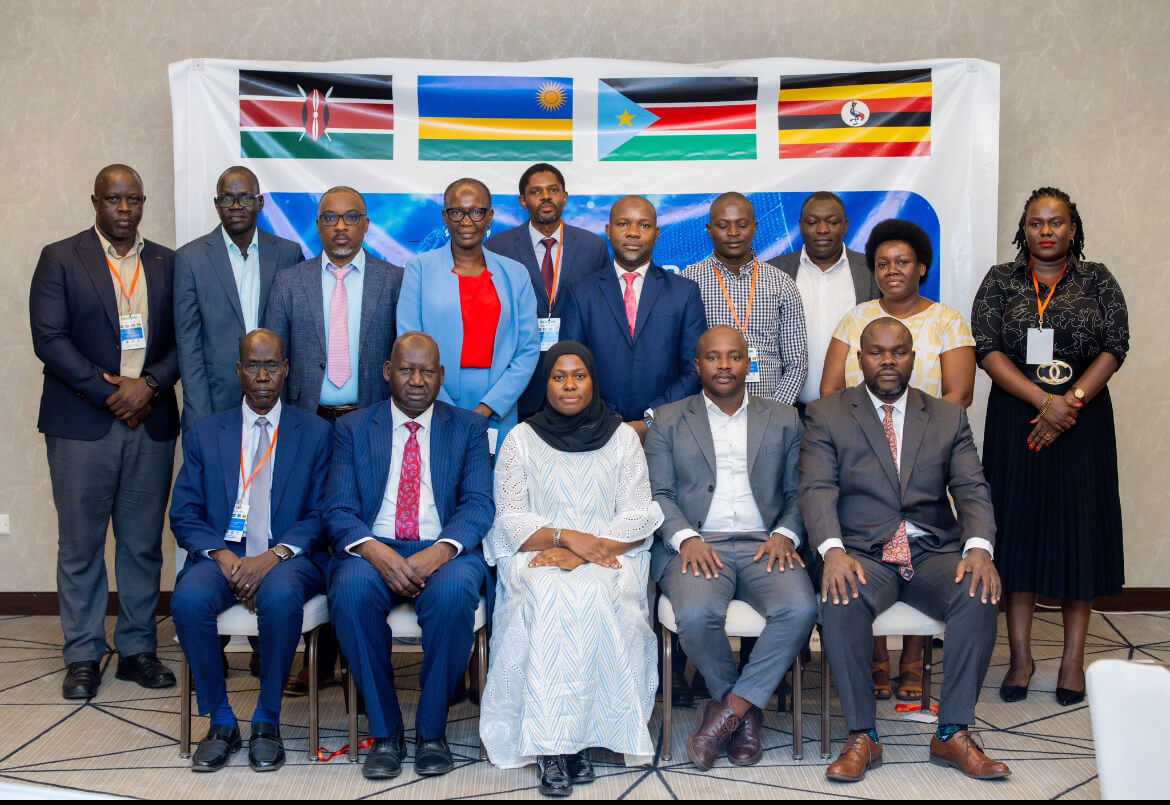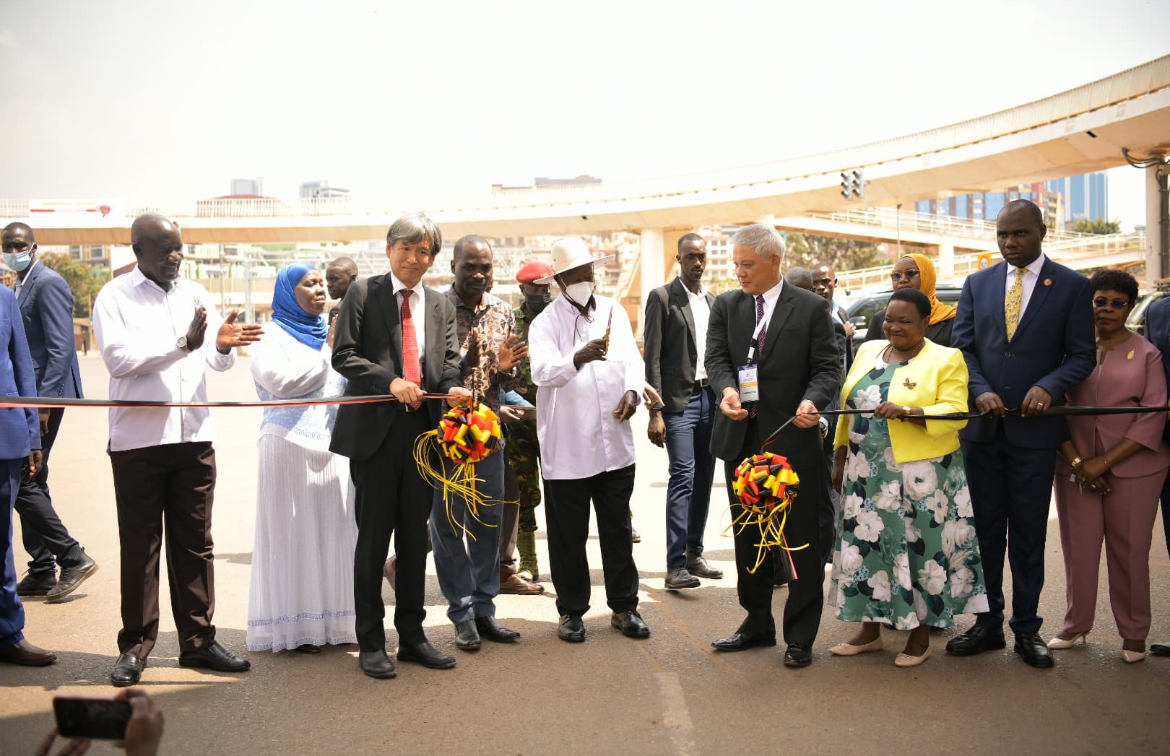The Ministry of ICT and National Guidance successfully convened a Validation Workshop for Guidelines on ICT Infrastructure for Buildings, Roads, and Transport on 4th June 2025 at the National ICT Innovation Hub in Nakawa. This marked a significant milestone in the effort to standardize and harmonize the deployment of fiber optic infrastructure across Uganda’s built environment.
The guidelines, developed through extensive stakeholder consultations during the 2024/25 financial year, are intended to support the implementation of the National Broadband Policy 2018 and address persistent challenges associated with ICT infrastructure deployment. Despite the existence of regulatory frameworks such as the Interconnection and Access Regulations of 2019 and UCC’s infrastructure sharing guidelines, poor coordination has led to repeated trenching of newly constructed roads, an increase in visual clutter caused by overhead wires, and environmental degradation, including the unnecessary cutting of trees. These challenges highlight the need for enforceable standards that promote infrastructure sharing and protect public investments.
In his opening remarks, Silas Ngabirano, Assistant Commissioner for ICT Infrastructure Development, highlighted the urgency of finalizing the fiber deployment guidelines. He noted that existing policies have been hindered by poor implementation and lack of coordination among service providers, leading to repeated road damage, urban clutter, and environmental harm. As he stated, “We are seeing repeated trenching and damage to newly constructed roads, unsightly clutter in our urban streetscapes, increased environmental degradation, including the cutting down of trees, and a general lack of harmonization across service providers.” Emphasizing that telecommunications infrastructure in buildings is now essential for digital inclusion, he urged stakeholders to collaborate thoughtfully and take shared responsibility during the validation process.
The workshop brought together participants from a wide range of sectors, including government ministries, regulatory bodies, city authorities, the private telecommunications industry, and professional organizations from the engineering, surveying, and architecture fields.
Reflecting on the workshop proceedings, Doreen Gift Bujjingo, an ICT Infrastructure Engineer, noted that stakeholders welcomed the harmonization efforts. “Generally, stakeholders appreciated the effort towards harmonisation. They, however, emphasized the need for extensive capacity building of all building committees across the country, as well as widespread dissemination of the guidelines,” she said. She also highlighted feedback from telecom operators, adding, “Operators noted the need to begin the process of decommissioning some poles in cities, which will require support from both the Ministry and the regulator. On the other hand, building committees welcomed the futuristic nature of the guidelines and their potential to streamline ICT infrastructure integration.”
By the close of the workshop, participants had validated the specifications for ICT infrastructure in both transport corridors and buildings, marking a significant step toward modernizing Uganda’s physical and digital infrastructure. There was a shared commitment to support a coordinated national implementation and monitoring framework, emphasizing the importance of cross-sectoral engagement and the need for proactive capacity building nationwide.
The collaborative and solution-focused tone of the workshop reinforced a collective determination to future-proof Uganda’s digital infrastructure through smart planning, sustainable deployment, and inclusive policy execution. With harmonized standards and clear implementation strategies, Uganda is now well-positioned to foster inclusive, sustainable, and digitally empowered development.
Jun 5, 2025
Advancing ICT Infrastructure Standards Through Stakeholder Collaboration
Infrastructure
By Fiona Luboga

The author is a Communications Officer at the Ministry of ICT & National Guidance.
Related Stories

Infrastructure
Launch of the Regional ICT Infrastructure, E-Government services and Exhibition
Oct 2, 2022

Infrastructure
NCIPs Meeting Focuses on Regional Satellite Project for Enhanced Connectivity
Feb 28, 2025
